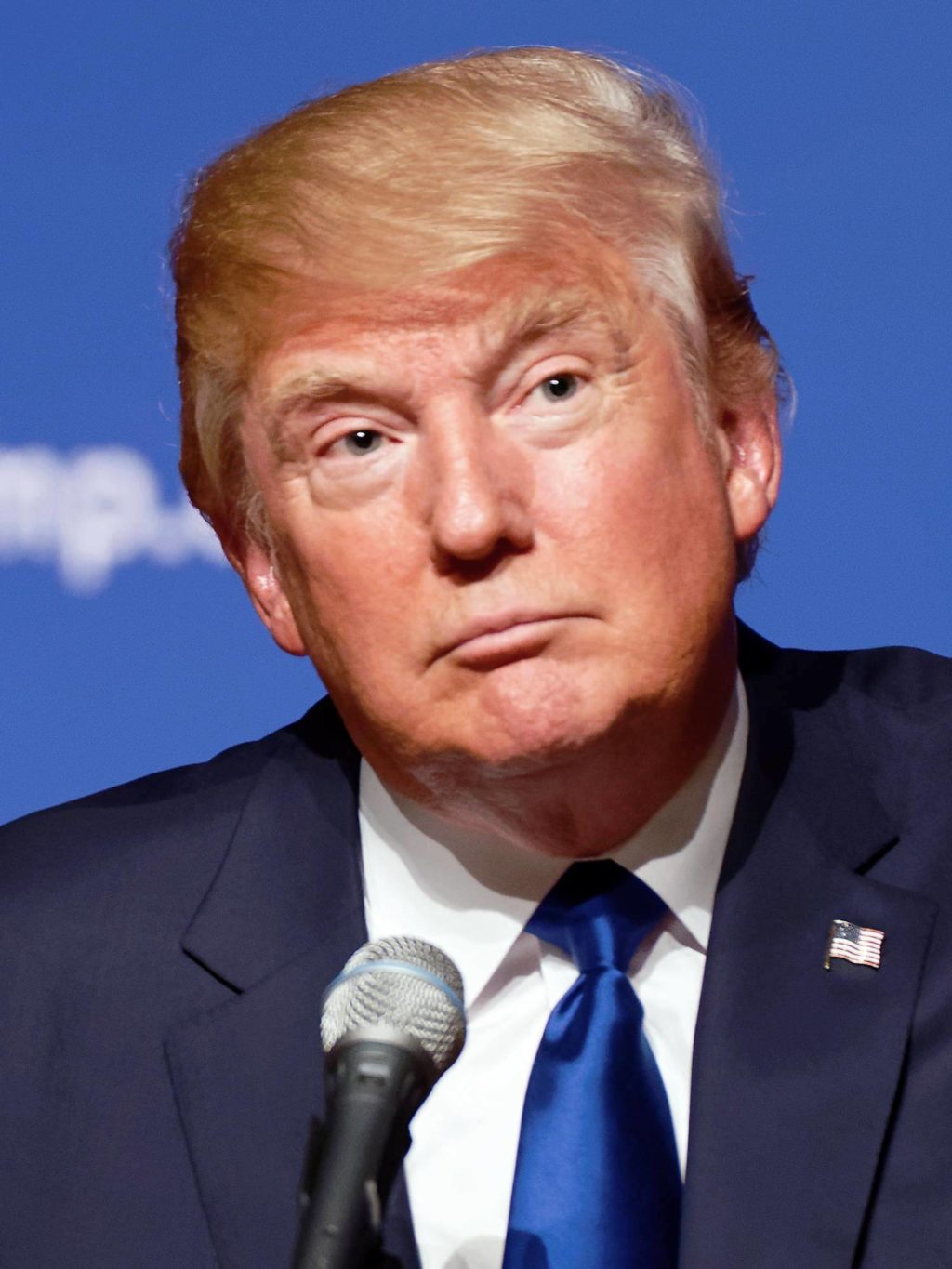Students weigh in on the Trump impeachment.
The House Judiciary Committee announced two articles of impeachment on Dec. 13 against the 45th President of the United States Donald Trump. The first article of impeachment was for abuse of power by pressuring a top Ukrainian official into investigating a former board member of a Ukrainian company, Hunter Biden, son of the Democratic presidential candidate, Joe Biden.
The second article of impeachment was for obstruction of justice for blocking testimony of members of the president’s cabinet and refusing to provide documents after being subpoenaed by the House during the impeachment inquiry.
Trump is the third president in American history to be impeached by the House. Mark Stephan, a WSU Vancouver public affairs and political science professor, explained that impeachment might be confusing to many because it is not a common process.
“Part of it is, the details of the impeachment process is not something that people go and look up and the way the word tends to get used,” Stephan said.
He explained there are two perceptions that go along with the term impeached. “They think that means they’ve been found guilty of something,” Stephan said. Instead, it means the House Judiciary Committee has taken the first step into seeing if the president did something illegal or not.
Stephan explained this process is also different than a traditional judiciary process. “It’s a political process by which the Congress can evaluate people in higher office, the Supreme Court or the president if they are concerned about their conduct in any way,” Stephan said.
Though some are informed about the impeachment process, most VanCougs that The VanCougar interviewed claimed they are not paying close attention to the impeachment.
Q: Have you been paying attention to the impeachment process?

“I’ve seen it a little bit when I’m at the gym because they always have it on the TV. But a lot of it is basically just regular courtroom drama between different party members so a lot of times it’s just a lot of them yelling at each other,” said Peter Barbara, junior business marketing major.
“Very lightly, it hasn’t been much, only really what’s on my Instagram and stuff like that. Just the news on how he’s been impeached, sadly, I should look into it, but I don’t,” said Alexandra Anderson, sophomore biology major.
“Not on my own, it usually pops on my feed, usually on my Instagram. I could do more research on it if I wanted to, I just for some reason haven’t,” said Alexandra Pederson, junior neuroscience major.
Q: Do you have any thoughts on the impeachment process?

“I’m not a big fan of the guy, I live in Washington, so that’s not a big shocker. Basically, I knew it was going to get past the house but it’s probably not going to go through the senate, so it’s basically like, well at least we got to actually impeach him,” Barbara said.
“All I can say is you get what you deserve and by the look of it, he definitely deserves it,” Anderson said.
“Just finding out that he actually has been impeached, I don’t think there’s anything wrong with it. I’m surprised it didn’t happen any sooner, to be honest, with everything that’s gone on,” Pederson said.
Q: Where do you think it goes from here?

“I would love for it to get passed through the senate, but I don’t think it will,” Barbara said.
“I’d rather him just complete his term and not have Pence move into the presidency,” Anderson said.
“Well his term is almost over, so I don’t see why he shouldn’t just finish it out. I would say it’d probably be a little easier just to finish it out and then go through the reelection process for the next term, but that being said, if there is more turmoil to come if he is in office then I think he should be removed,” Pederson said.
While it is still unclear how the impeachment will conclude, Stephan explained the process of impeachment alone leads to stronger divided partisanship.
“Historically, it’s been pretty much the same way, which is that one side seems to be supporting whoever is being impeached, one side is doing the impeaching. For citizens, there’s a little bit of confusion about this, but there’s also just anger. Either anger that goes into the decision to impeach or anger about the fact that it’s even occurred and that’s what we have right now,” Stephan said.
Stephan recalled the previous impeachment of President Bill Clinton and the division that occurred during that process of impeachment; noting that while he was acquitted and finished his term, it continues to hang over the legacy of Clinton’s presidency.
There is a risk in attempting to impeach the president, Stephan explained, predicting the Senate will not find President Trump guilty and that he will remain in office.
“He’ll be able to use this to fuel his base for the general election, so if you’re a Democrat who wanted him removed, you might in fact have given fuel to remain in office. The flipside of that is this may fuel a lot of Democrats and some independents to say ‘enough with this president let’s get him out of office’ so it’s a risky strategy,” Stephan said.
Stephan said that no matter how the impeachment of President Trump is resolved, it will be difficult to tell if it benefited Democrats or Republicans. “It doesn’t help the government overall in terms of legitimacy, this is a partisan thing, we don’t get healthier with this kind of thing.”
Update (Feb. 19 2020): President Trump was acquitted on two accounts of impeachment on Feb. 5 2020.

Brody Voge is a junior at WSU Vancouver studying strategic communications.
